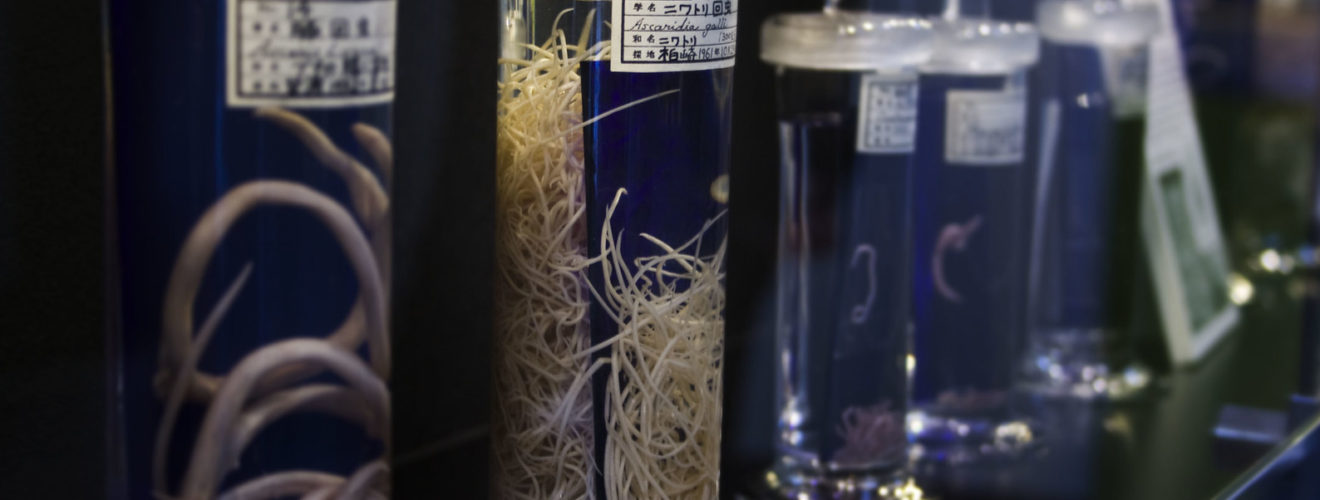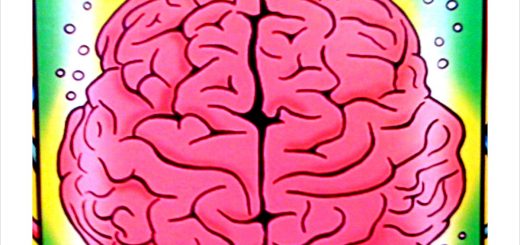Parasitic worms – friend or foe?

For many, the word “parasite” does not suggest anything pleasant or remotely helpful. In fact, parasitic worms, or helminths, such as whipworm, hookworm, and roundworm, infect over 1 billion people globally. Untreated, these worms can hinder growth, cause blindness, and most dangerously, leave people morbidly malnourished[1]. However, what if they’re not the villains that we think they are?
Over the years, it has caught scientists’ attention that autoimmune diseases were only becoming prevalent in nations that had effectively eradicated helminth diseases, and not those who live with them day-to-day. This formed part of what is now known as the “hygiene hypothesis”: the idea that some diseases can be required for our immune systems to function in balance. Our bodies mostly rely on two types of immune cells, T-Helper 1 (TH1), which are released when we fight off viruses and bacteria, and TH2, used for parasites and allergies. It’s thought that autoimmune diseases involve TH1 and that we need a balance of both types of immune cells to prevent problems caused by one or the other. Without parasites, we don’t have that TH2 response to balance out, and voila, TH1 reigns and autoimmunity wreaks havoc![2]
Consequently, scientists came up with an elegant solution: put the worms back. James Cook University conducted a study of coeliac patients, who have sustained bowel damage. This can result in fatigue, migraines, rashes, or vomiting (amongst other unpleasant symptoms) if they eat gluten. Over a period of time, the scientists gave the patients hookworms and an increasing amount of gluten. The result? They could eat gluten again![3] Another study, instead using whipworm to treat the inflammatory bowel disease, Crohn’s, showed promising results, with 23 out of 24 patients reporting at the very least an improvement in symptoms (and 21 reporting no more symptoms at all)[4].
There are still plenty of theories around how worms exactly interact with the immune system, and even today, it’s not entirely understood (of course, by no means try this at home!). Swallowing worm eggs as therapy is unlikely to be found in the NHS any time soon, as scientists are still trying to pin down precisely what it is about these worms that help our immune systems. But it’s time we started thinking of helminths as more than the invaders we are so desperately trying to get rid of, and instead as a useful part of our ecosystem.
Edited by Liam Butler
Copy-edited by Claire Thomson
[1] https://www.who.int/news-room/fact-sheets/detail/soil-transmitted-helminth-infections
[2] https://www.ncbi.nlm.nih.gov/pmc/articles/PMC2841828/
[3] https://www.abc.net.au/news/2015-11-10/hookworm-larvae-injected-into-coeliacs-gluten-intolerance/6926286
[4] http://news.bbc.co.uk/1/hi/health/4091881.stm







